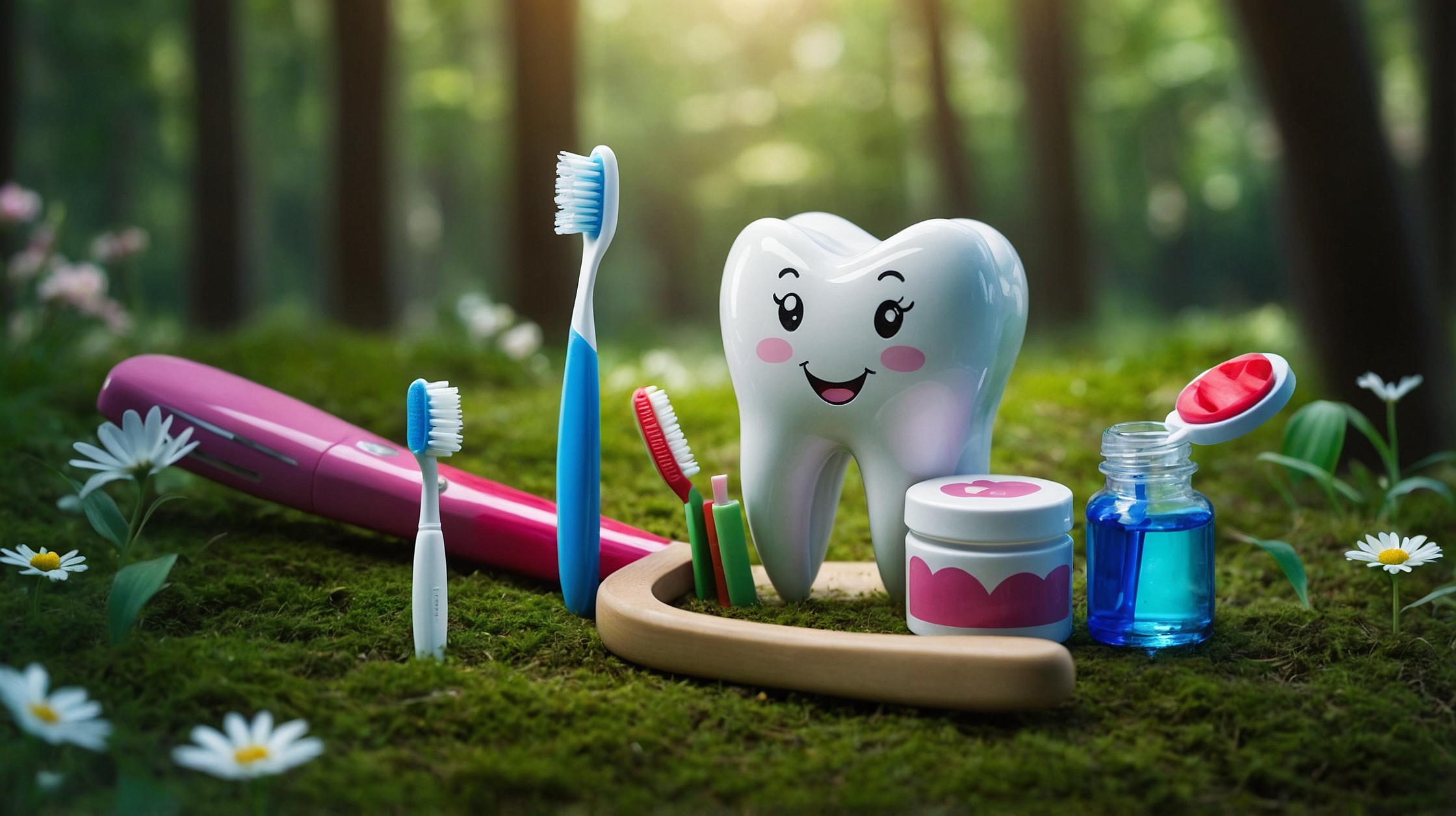A New Approach to Preventing and Treating Gum Disease
Groundbreaking research from the University of Pittsburgh suggests that targeting the immune system may be key to preventing or treating periodontal disease (PD), a common but serious gum condition. The study, published in Proceedings of the National Academy of Sciences, demonstrates how a novel therapy involving immune-modulating microparticles can combat bone loss and promote bone repair in gum disease.
Shifting Focus from Bacteria to the Immune System
While traditional PD treatments focus on eliminating bacteria, researchers found that it’s not the bacteria directly causing the disease—it’s the immune system’s inflammatory response. This inflammation leads to bone destruction around teeth.
Dr. Charles Sfeir, the study's senior author, explained:
"If we contain the immune system, we can shift the composition of bacteria and either prevent the disease or stop its progression."
How the New Therapy Works
Using specially engineered microparticles that deliver the immune-modulating compound CCL2, researchers found that:
- The therapy reduced inflammation and bone loss.
- It improved bone repair by altering macrophages (white blood cells) from an inflammatory type (M1) to an anti-inflammatory type (M2).
- It modified the oral microbiome, reducing harmful bacteria linked to PD.
The microparticles were developed by Steven Little, Ph.D., an expert in chemical engineering, and represent a novel approach to treating gum disease.
Testing the Therapy
The team induced gum disease in mice by tying silk around a tooth to promote bacterial buildup. When treated with CCL2 microparticles, the mice showed:
- Prevention or reduction of bone loss.
- Accelerated bone repair, even in cases where inflammation had already started or was resolving on its own.
Potential Impact
PD is widespread, affecting up to 80% of people to varying degrees. For most patients, regular dental cleanings and hygiene can resolve inflammation. However, for a small group with aggressive PD, even meticulous care isn’t enough, leading to continued bone loss.
"This is where modulating the immune system with something like CCL2 could really help," said Sfeir.
The Road Ahead
This innovative therapy is not intended to replace traditional bacteria-targeting methods like dental cleanings but would work as a complementary treatment. The next step is clinical trials to determine its effectiveness in humans.
Additionally, the findings provide valuable insights into how the immune system interacts with the microbiome, potentially offering a model for studying other immune-driven diseases beyond the oral cavity.
With its potential to revolutionize PD treatment, this research brings new hope to patients suffering from severe gum disease and paves the way for innovative approaches to oral health care.
Source: MedicalXPress

